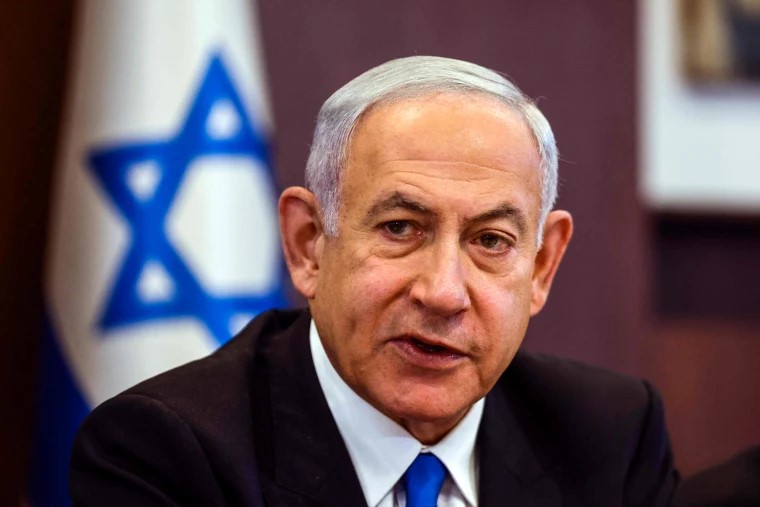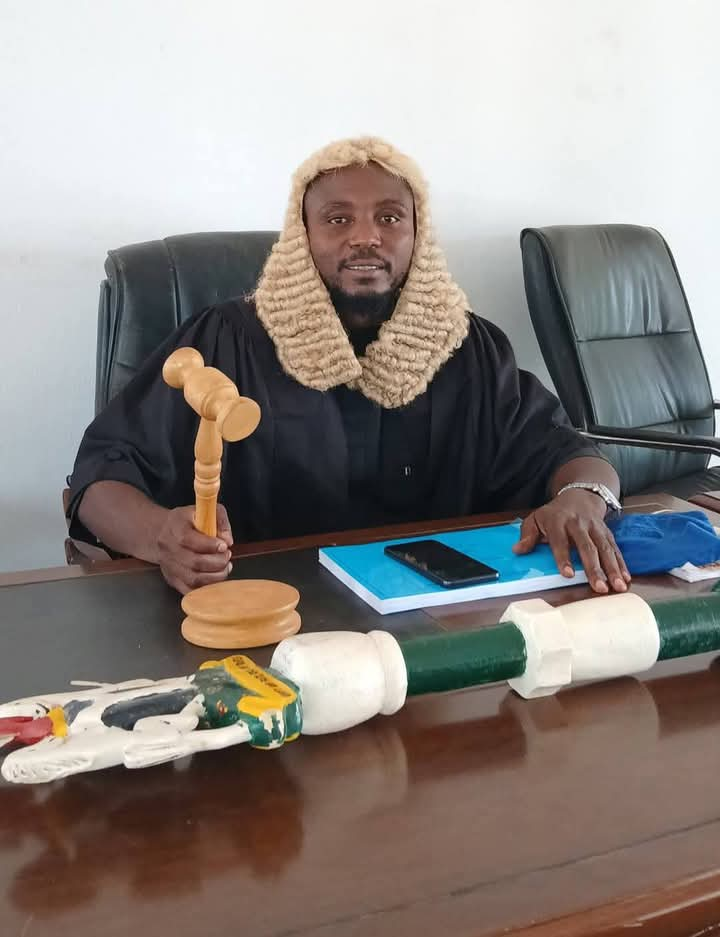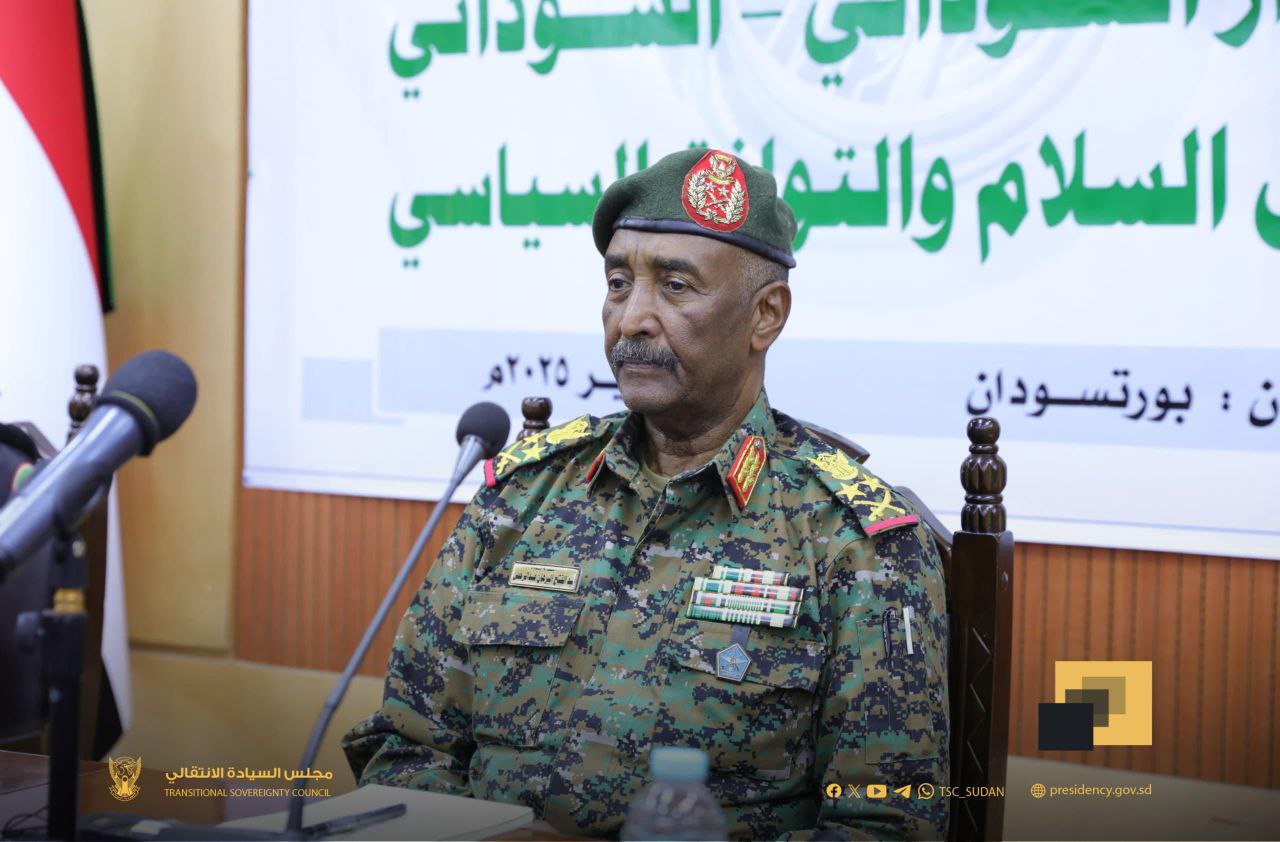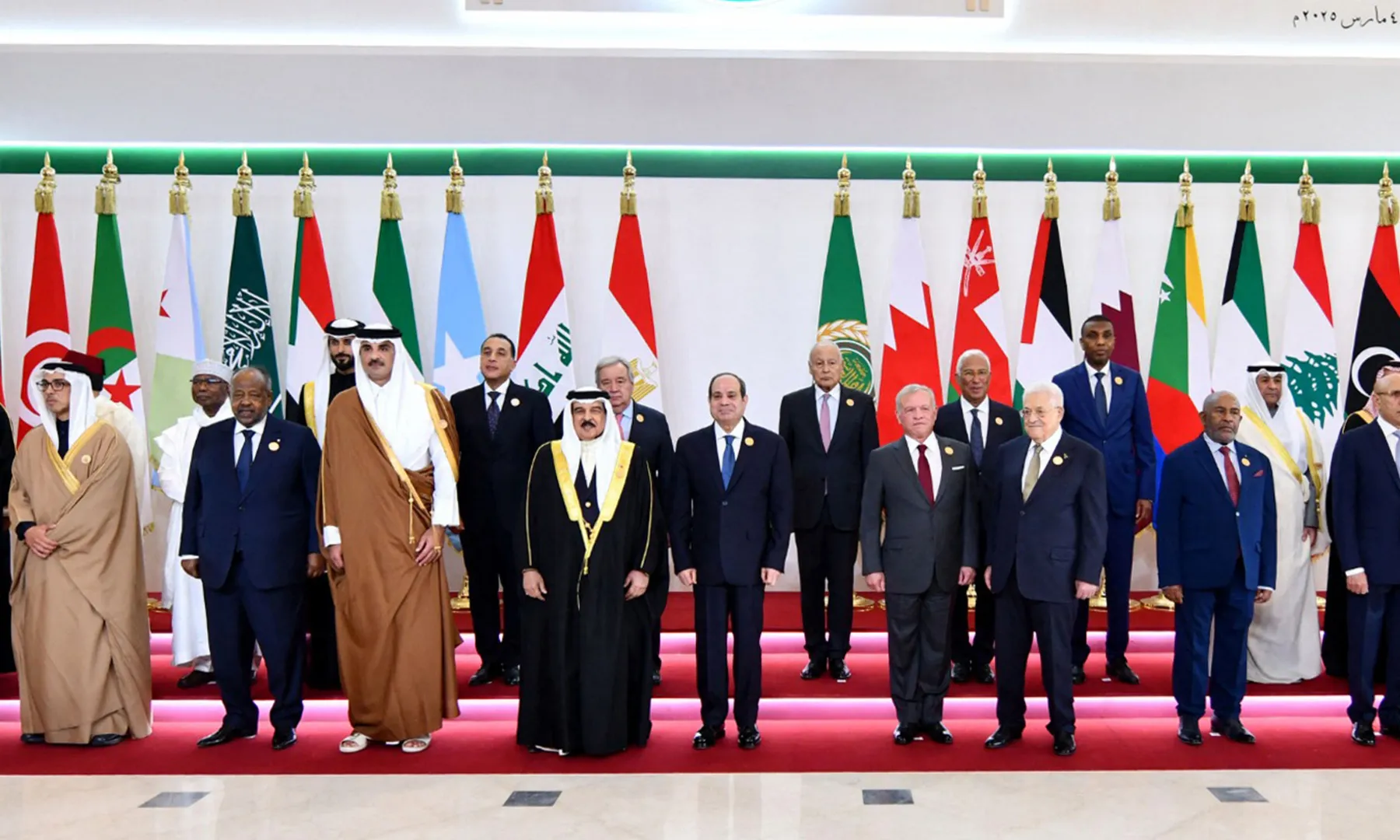In a harrowing turn of events, Israel finds itself plunged into a state of war as Palestinian group Hamas unleashed a violent rampage across Israeli towns. The brazen attack resulted in a staggering death toll of at least 250 Israelis, marking the deadliest day of violence in the nation since the Yom Kippur War five decades ago.
The horrifying assault saw Hamas gunmen storming through Israeli towns, leaving death and destruction in their wake. In a shocking twist, they managed to escape with dozens of hostages, further intensifying the crisis. Israel responded swiftly, launching one of its most devastating series of retaliatory strikes, which claimed the lives of more than 230 Gazans. The battle continued into the night, shrouding the region in darkness and uncertainty.
Israeli Prime Minister Benjamin Netanyahu, in a somber address to the nation, declared, “We will take mighty vengeance for this wicked day.” He went on to condemn Hamas, branding their actions as a “cruel and wicked war” that Israel is determined to win, even as the cost grows increasingly heavy. Netanyahu lamented the brutality of an enemy that targets innocent mothers and children in their homes, a stark reminder of the grim reality on the ground.
Hamas leader Ismail Haniyeh, undeterred by the devastating response from Israel, declared that the assault, which began in Gaza, would extend to the West Bank and Jerusalem. For the past 16 years, Gaza’s population of 2.3 million Palestinians has endured an Israeli blockade, a source of enduring frustration and suffering.
During his speech, Haniyeh emphasized the threats to Jerusalem’s Al-Aqsa Mosque, the enduring Gaza blockade, and Israel’s normalization with regional countries as key drivers of the conflict. “How many times have we warned you that the Palestinian people have been living in refugee camps for 75 years, and you refuse to recognize the rights of our people?” he asked.
The streets of Israeli towns, especially Sderot in southern Israel near Gaza, bore witness to the devastating impact of the violence. Bodies of Israeli civilians lay strewn across the streets, amid shattered glass and the haunting remnants of a once peaceful community. The scene was one of stark horror, with witnesses describing a sea of bodies and cars riddled with bullets.
Terrified Israelis barricaded themselves in safe rooms, sharing their experiences via live television broadcasts. Esther Borochov, who survived an attack on a dance rave party, recounted how she played dead in a car after the driver attempting to rescue her was shot point-blank. “I couldn’t move my legs,” she said, her voice trembling with fear.
Senior military officers were among those killed in the fighting near Gaza, according to the Israeli military. In some parts of southern Israel, Israeli troops continued to clash with Hamas fighters throughout the night, leaving the situation far from fully under control.
The Israeli prime minister’s office announced that the security cabinet had approved a series of measures aimed at crippling the military and governmental capabilities of Hamas and Islamic Jihad for an extended period. These measures include cutting off electricity and fuel supplies to Gaza and restricting the entry of goods into the territory.
In Gaza, the skies were ablaze with black smoke, orange flashes, and sparks from explosions, while Israeli drones patrolled overhead. Mourners paraded through the streets, carrying the bodies of militants draped in green Hamas flags. Gaza’s overwhelmed and crumbling hospitals struggled to cope with the influx of casualties, with severe shortages of medical supplies and equipment exacerbating the crisis. The health ministry reported 232 people killed and at least 1,700 wounded.
The streets in Gaza were deserted, except for ambulances racing to the scenes of air strikes. Israel’s decision to cut off power plunged the city into darkness, intensifying the hardship faced by its residents.
As the international community reacted with shock and concern, Western countries, led by the United States, denounced the attack. President Joe Biden, addressing the crisis, asserted Israel’s right to defend itself and issued a stern warning to countries hostile to Israel. “This is not a moment for any party hostile to Israel to exploit these attacks to seek advantage. The world is watching,” he cautioned.
A senior Biden administration official informed reporters that the United States was working with other governments to ensure the crisis remained contained to Gaza and did not spread further.
The crisis has cast a shadow over efforts to normalize ties between Israel and Saudi Arabia, a development that Israelis view as a significant diplomatic achievement. However, Palestinians fear that such agreements could compromise their aspirations for an independent state.
In the Middle East, demonstrations in support of Hamas erupted, with protesters burning Israeli and U.S. flags. Marchers waved Palestinian flags in Iraq, Lebanon, Syria, and Yemen. The Hamas attack garnered praise from Iran and Hezbollah, its Lebanese allies.
As nightfall descended, residents in affected areas were still waiting for the all-clear to return home, with tensions remaining palpable. “It’s not over because the [army] hasn’t said the kibbutz is clear of terrorists,” said Dani Rahamim, speaking by telephone from a shelter in Nahal Oz, close to the Gaza fence. Although gunfire had subsided, the sound of explosions still echoed in the distance.
Hamas deputy chief Saleh al-Arouri told Al Jazeera that the group was holding a significant number of Israeli captives, including senior officials. He asserted that Hamas had enough captives to potentially secure the release of all Palestinians held in Israeli jails.
Hamas, an organization that has long advocated for Israel’s destruction, cited Israel’s escalated actions in Palestinian territories, particularly in the West Bank and Jerusalem, as the driving force behind their assault. In a broadcast on Hamas media, Hamas military commander Mohammad Deif declared, “This is the day of the greatest battle to end the last occupation on earth,” calling on Palestinians worldwide to join the fight.
Gaza, a strip of land that has been devastated by four wars and numerous skirmishes since Hamas took control in 2007, found itself plunged into a level of violence unseen even during the Palestinian Intifada uprisings of past decades.
The shock of Israel’s unpreparedness for the attack has been widely lamented as one of the nation’s most significant intelligence failures in recent history, leaving a country that prides itself on its ability to infiltrate and monitor militants stunned by the audacity of the attack.
The violence also extended to Gaza’s border with Israel, where clashes resulted in scores of Palestinian casualties, including civilians, among the crowds attempting to breach the damaged gates and cross into Israel.
Amidst the turmoil, Palestinian civilians grappled with fear and uncertainty. Amal Abu Daqqa, a Palestinian woman, expressed her anxiety as she left her house in Khan Younis: “We are afraid.”
The escalation occurred against a backdrop of surging violence in the Israeli-occupied West Bank, where a Palestinian authority exercises limited self-rule. The region has witnessed increased Israeli raids, Palestinian street attacks, and assaults by Jewish settlers on Palestinian villages. Conditions for Palestinians have worsened under Netanyahu’s hard-right government, with the prospects for peace remaining elusive for years.
Clashes erupted in several locations across the West Bank on the same day as the Hamas attack, with stone-throwing youths confronting Israeli troops. Tragically, four Palestinians, including a 13-year-old boy, lost their lives in the confrontations. In response, Palestinian factions have called for a general strike on Sunday.
Israel itself has been gripped by internal political turmoil, with the most right-wing government in its history attempting to overhaul the judiciary, adding a layer of complexity to an already volatile situation.
As the situation continues to develop, our news team remains committed to bringing you the latest information and updates on this ongoing crisis. The world watches with bated breath as Israel and Gaza teeter on the brink of further chaos, and the hope for a lasting resolution to this decades-long conflict remains distant and uncertain.




